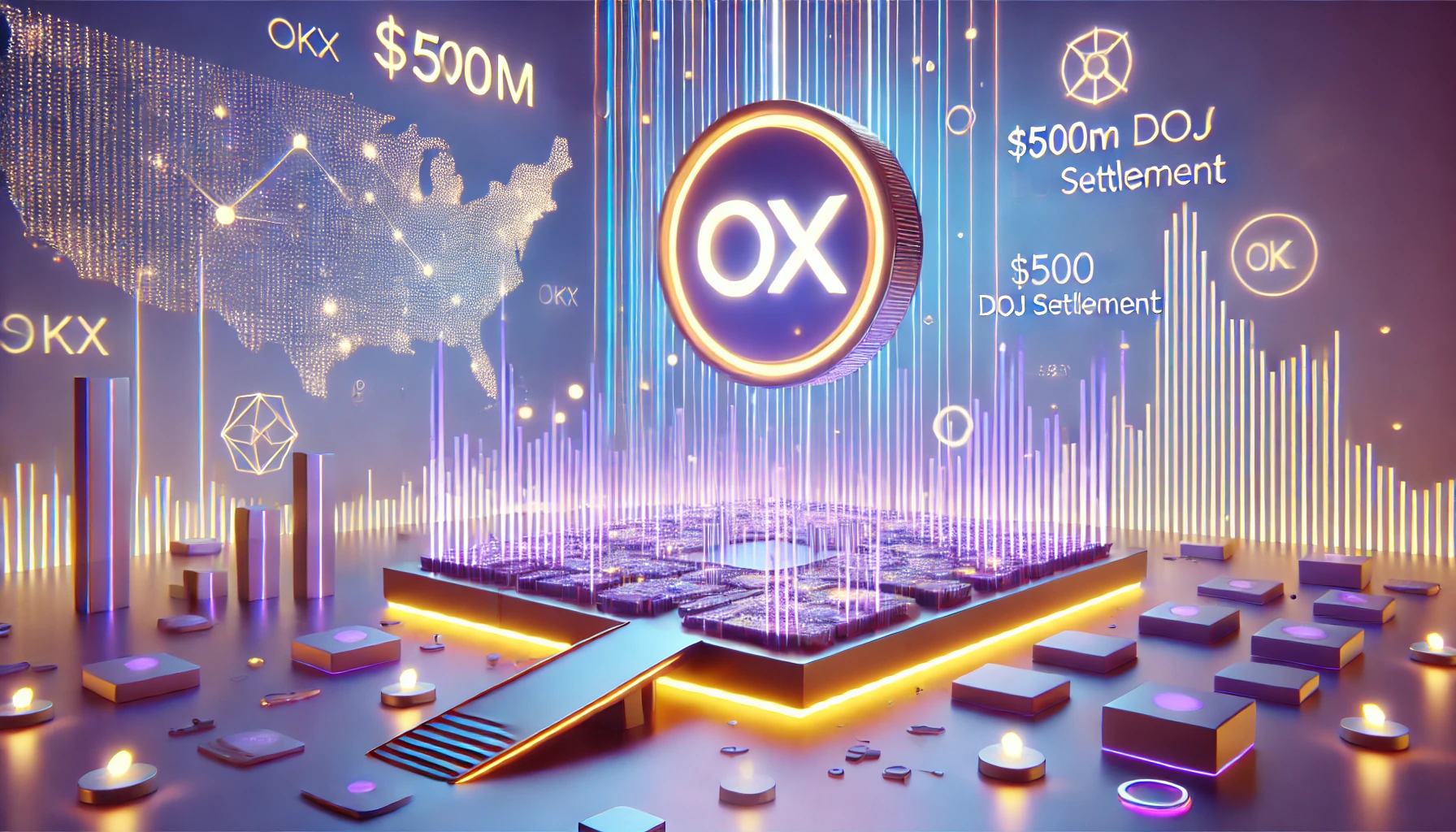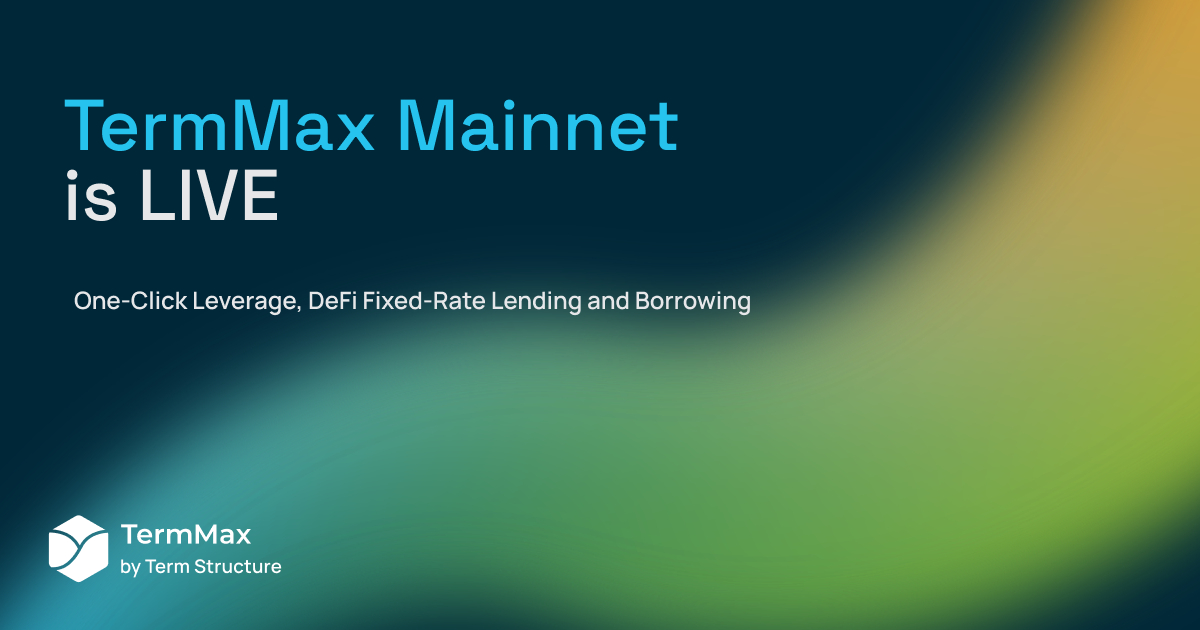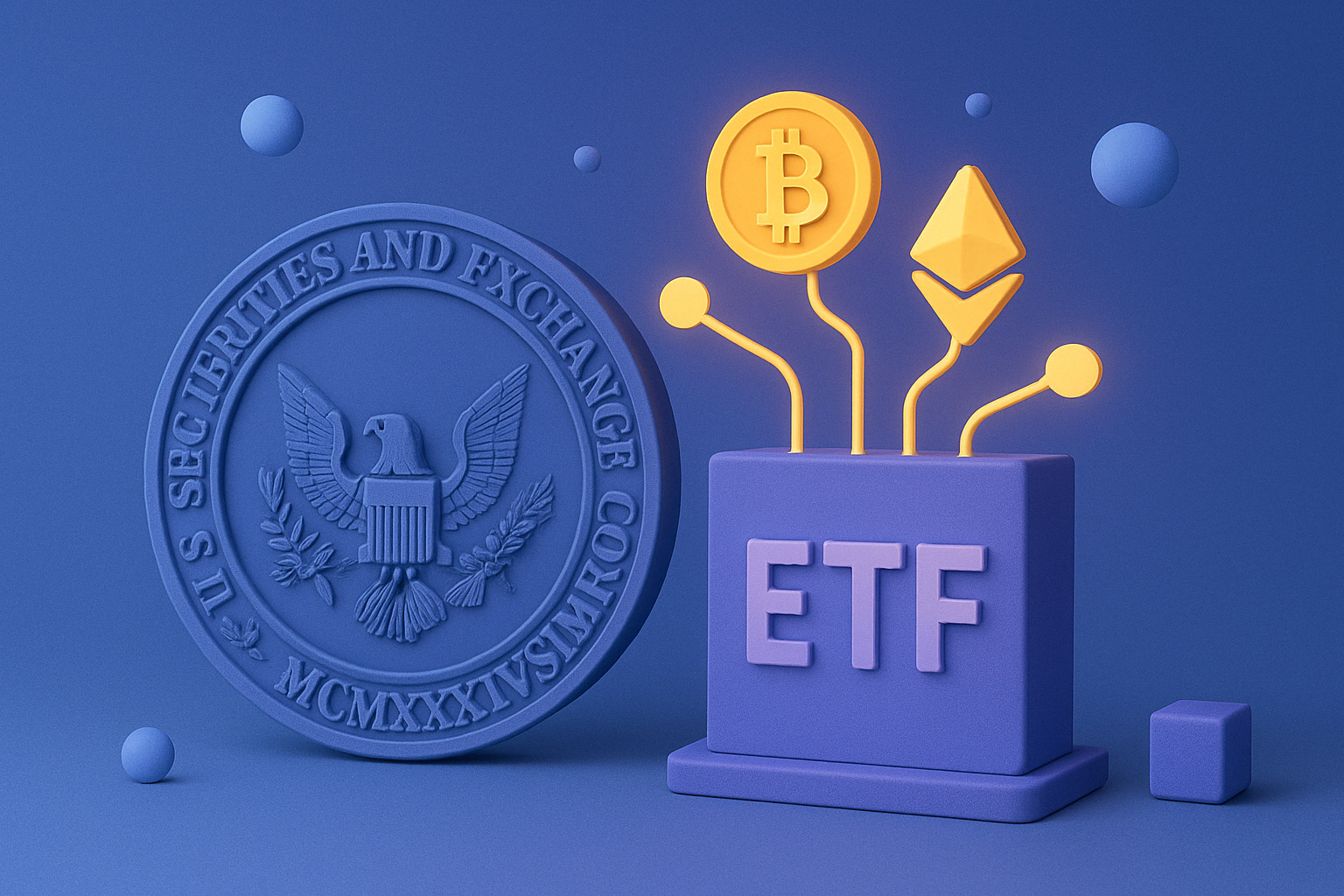Google recently unveiled its latest technological advancement, Gemini 2.0, which marks the beginning of a new agentic era of artificial intelligence. This update promises to transform the way users interact with AI systems, making these agents more autonomous and capable of making informed decisions. As AI continues to integrate into various aspects of our daily lives, this innovation could redefine user expectations and pave the way for even more advanced applications.
The innovations of Gemini 2.0
Gemini 2.0 introduces enhanced features that allow artificial intelligence agents to operate more autonomously. Thanks to advanced algorithms and a better contextual understanding, these agents can now perform complex tasks without requiring constant human intervention. For example, they are capable of managing projects, analyzing data, and even making decisions based on real-time information. This ability to act independently represents a significant change compared to previous AI systems, which were often limited to predefined responses.
Furthermore, Gemini 2.0 emphasizes human interaction with AI. Users can now interact with these agents in a more natural way, which enhances the overall experience. The user interface has been redesigned to facilitate smooth communication, allowing users to ask questions and receive relevant answers quickly. This user-centered approach could encourage broader adoption of AI technologies across various sectors, ranging from healthcare to finance.
Consequences for the future of artificial intelligence
The advent of Gemini 2.0 could have profound repercussions on the technological and economic landscape. By making AI agents more autonomous, Google is paving the way for a multitude of potential applications in the professional world. Companies could leverage these technologies to automate processes, improve productivity, and reduce operational costs. For example, in the customer service sector, autonomous AI agents could handle routine requests without human intervention, thereby freeing up time for employees to focus on more complex tasks.
However, this evolution also raises ethical and regulatory questions. The increased ability of AI agents to make decisions raises concerns regarding accountability and transparency. Companies will need to navigate an evolving regulatory framework to ensure that these technologies are used ethically and responsibly. Moreover, it will be essential to establish clear standards regarding data privacy and security to protect users while harnessing the potential of these new technologies.














